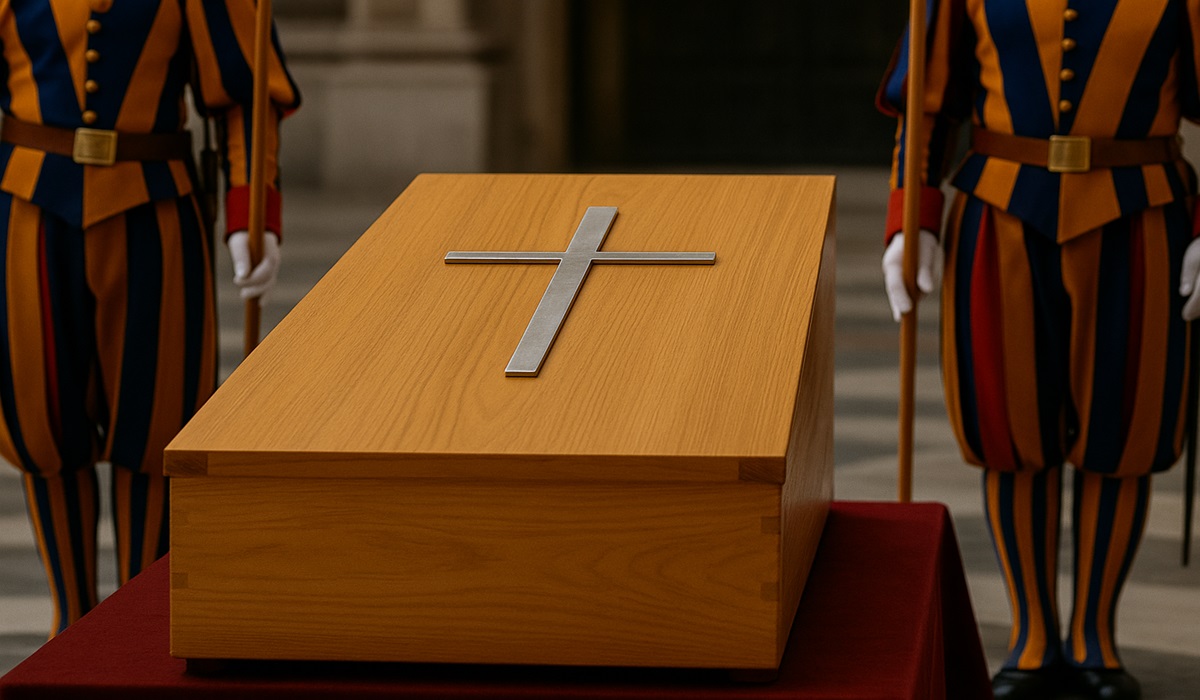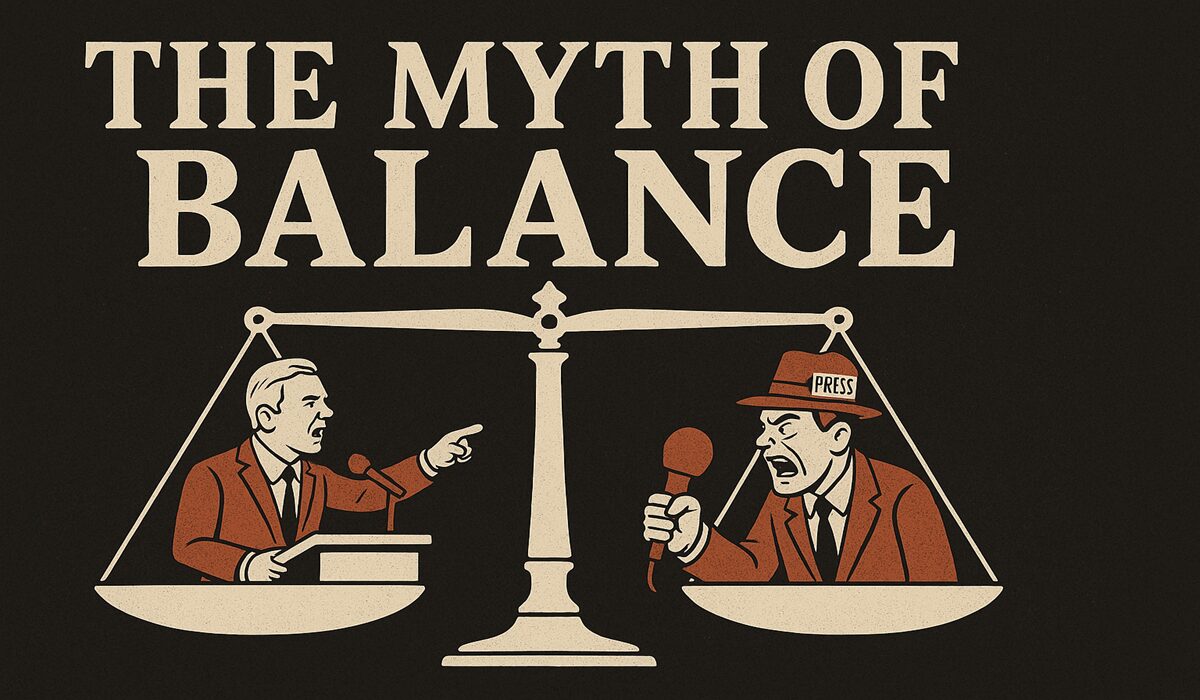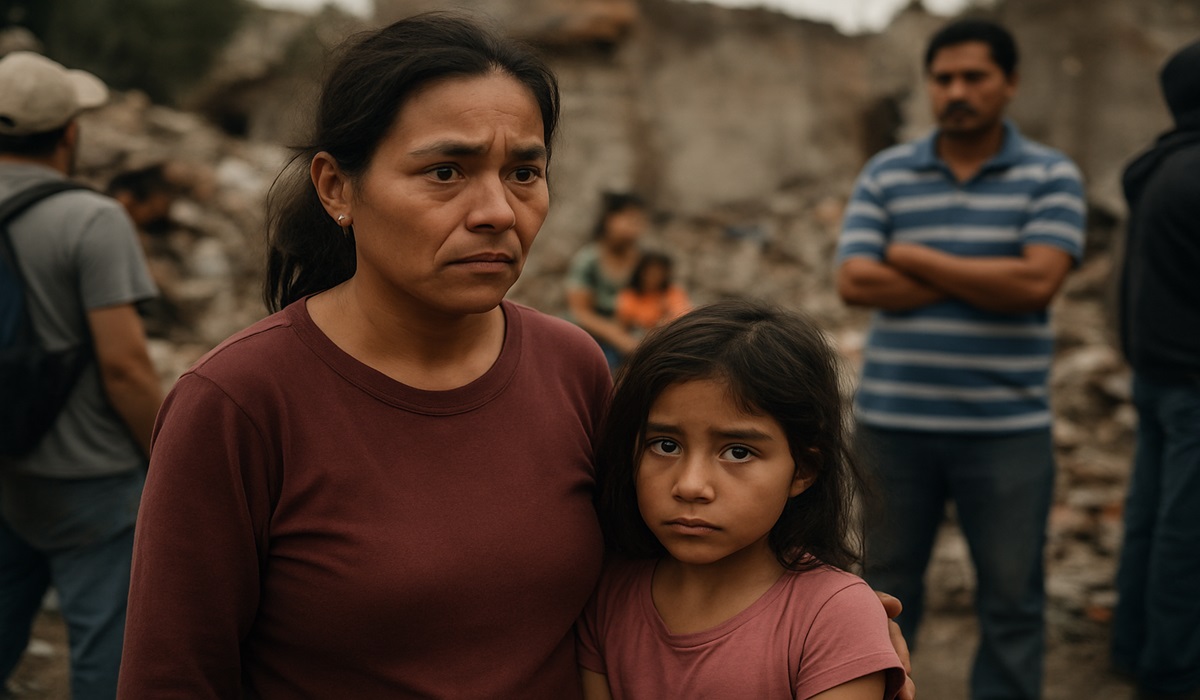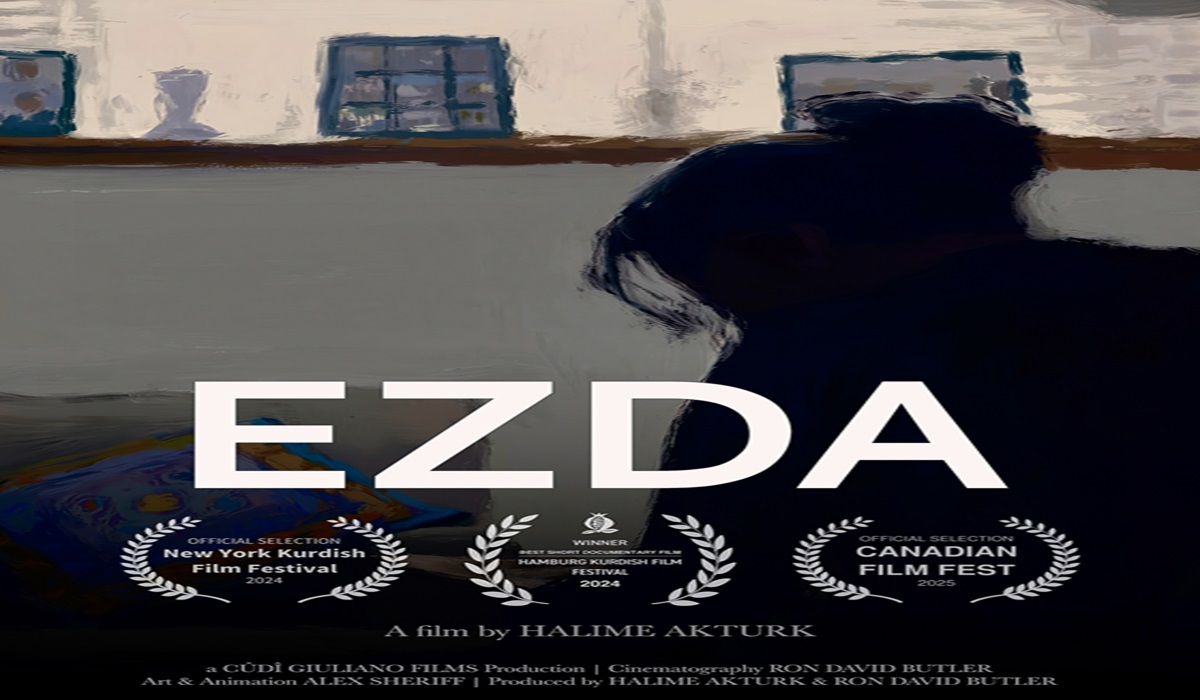Unveiling Prejudice: Outrage Surrounds Netflix Choice of Black Cleopatra
- Kingston Bailey
- D.O.C Supplements - Trending News
- Employment
- May 12, 2023
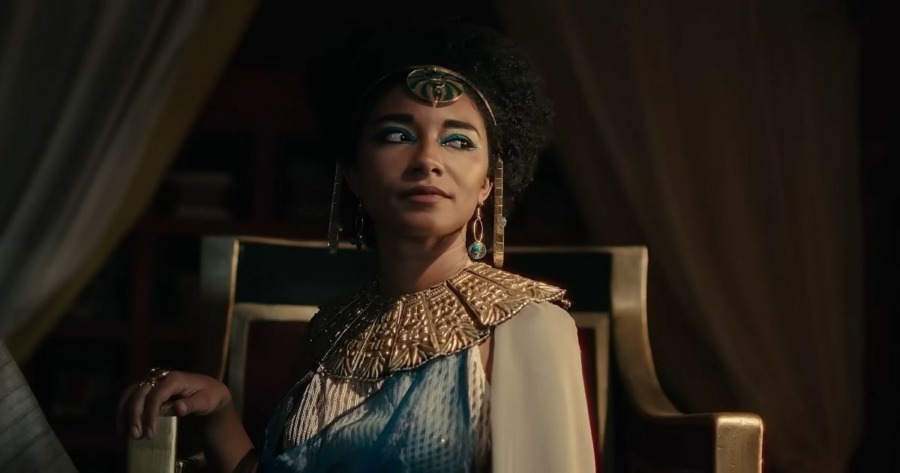
Netflix continues to face a wave of sudden anger and outrage due to their casting decision of Adele James, a black woman, to play the iconic Queen Cleopatra. The controversy stems from the argument that Cleopatra was not black or had dark skin.
In the history of cinema, we can account for around 22 featured films that have depicted the life of Cleopatra. Among these films, only two have portrayed Cleopatra as a Black character, while others have featured actresses of various ethnic backgrounds such as Muslim, Cuban, Spanish, Italian, and French heritage in the role. Throughout the years, society has become so accustomed to the iconic portrayal of Cleopatra by Elizabeth Taylor that it has created a deeply ingrained image in our collective consciousness. As a result, any depiction of Cleopatra that deviates from this familiar image, or portrays her with a different ethnicity, may be met with resistance and skepticism, even if it aligns with historical accuracy.
The strong association of Cleopatra with Elizabeth Taylor’s portrayal has made it challenging for many to comprehend or accept alternative representations, especially those that reflect her actual historical background. This phenomenon highlights the power of media and the lasting impact of iconic performances in shaping public perception. It also raises important questions about how society navigates the balance between historical accuracy and the need for diverse and inclusive portrayals in film and popular culture. Challenging these preconceived notions and embracing a wider range of interpretations can contribute to a more nuanced understanding of Cleopatra and her place in history.
The historical context of Queen Cleopatra and ancient Egypt is essential to understand the controversy. Cleopatra, who ruled Egypt in the first century BCE, hailed from a diverse lineage of Greek and Persian origins. Ancient Egypt, located in Africa, was a melting pot of different cultures and ethnicities, including African, Mediterranean, and Middle Eastern populations. Therefore, assuming Cleopatra had white or fair skin based on her lineage alone is historically inaccurate.
The anger and outrage over the casting choice of Queen Cleopatra as a black woman brings to light Hollywood’s long history of misappropriating actors. Throughout the years, we’ve witnessed white actors donning blackface and playing Indigenous roles, perpetuating harmful stereotypes and disregarding authentic representation. There have also been instances where non-Latinos and Asians have been cast in roles that belong to different ethnic backgrounds, further erasing the experiences and identities of marginalized communities. Similarly, the casting choices for LGBTQ characters have often overlooked talented actors from the LGBTQ community, leading to missed opportunities for authentic portrayals. Hollywood has also frequently cast able-bodied individuals in roles that require portraying disabilities, ignoring the pool of talented actors with disabilities.
While the anger and outrage over the casting of Queen Cleopatra may seem justified on the surface, it is crucial to address the real issue: the prevalence of fake outrage. Hollywood, at its core, is an industry driven by profit. Casting decisions are often made with financial considerations rather than historical accuracy or cultural representation. Throughout history, Hollywood has rarely gotten casting choices right, perpetuating misappropriation and inaccuracies across various cultures and identities.
It is important to acknowledge that misappropriation in Hollywood extends far beyond the casting of Queen Cleopatra. Countless movies and TV shows have misrepresented cultures, races, sexualities, and disabilities. Yet, the outrage seems selectively targeted, focusing solely on this particular instance. This narrow focus ignores the systemic issue of misappropriation that permeates the industry.
Hollywood Misappropriation of Characters
- “Prince of Persia: The Sands of Time” (2010) – Actor: Jake Gyllenhaal; Character: Dastan (originally a Persian character).
- “Ghost in the Shell” (2017) – Actor: Scarlett Johansson; Character: Major Motoko Kusanagi (originally a Japanese character).
- “The Lone Ranger” (2013) – Actor: Johnny Depp; Character: Tonto (originally a Native American character).
- “The Last Airbender” (2010) – Actor: Noah Ringer; Character: Aang (originally an Inuit character).
- “The Mask of Zorro” (1998) – Actor: Anthony Hopkins; Character: Don Diego de la Vega/Zorro.
- “Memoirs of a Geisha” (2005) Zhang Ziyi – Chinese Actor: Character: Sayuri Nitta (Japanese character)
- White Chicks – Marlon and Damon Wayans Jr, – Cast to portray undercover Caucasian colleague students
- “The Warrior’s Way” (2010) Maggie Q – Chinese Actor: Assassin (Korean character)
- “Brokeback Mountain” (2005) – Actors: Heath Ledger and Jake Gyllenhaal; Straight Actors playing gay characters: Ennis Del Mar and Jack Twist.
- “Rain Man” (1988) – Actor: Dustin Hoffman; Character: Raymond Babbitt (autistic savant).
To truly address the problem, it is necessary to broaden the scope and shed light on the wider patterns of misrepresentation in Hollywood. The focus should be encouraging accurate and respectful portrayals of diverse characters rather than singling out one casting choice. By doing so, we can aspire for a more inclusive and authentic film industry.
Image source Netflix

